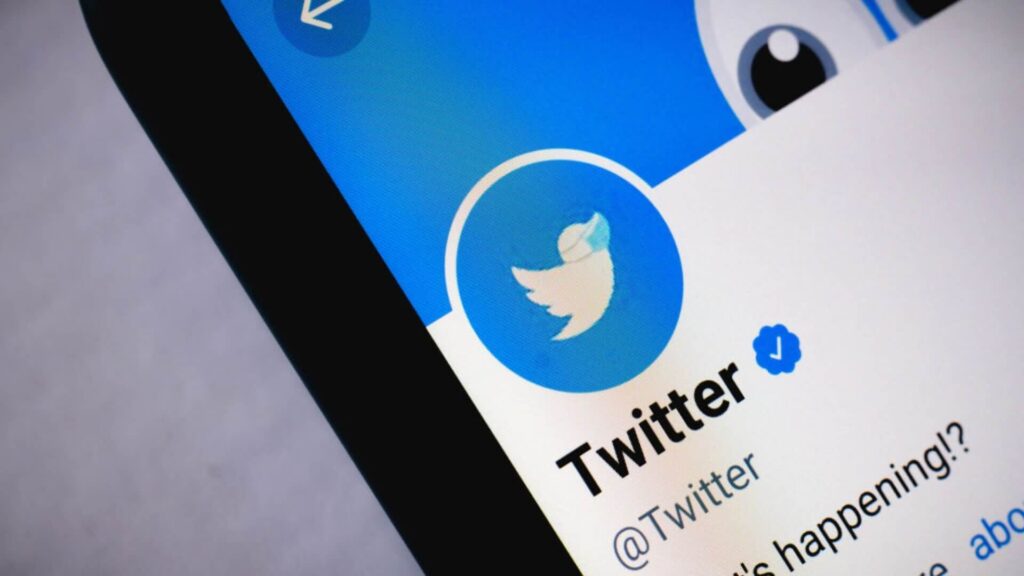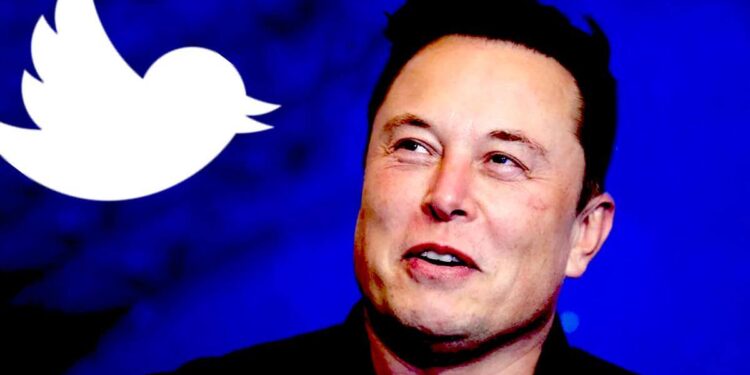Twitter Inc has announced that it will revoke “legacy” verified badges in April as it made its Twitter Blue paid verification service available globally.
Twitter Blue initially launched in November 2021 but underwent a shakeup a year later under the ownership of Elon Musk. Musk shifted what was originally meant to be a service offering less advertising and additional features such as the ability to edit tweets to one the included user verification, the so-called “blue checkmark.”
Verification was previously only given to Twitter users deemed by the company to be worthy of doing so. But Musk had different ideas, saying that the ability to have a blue checkmark should be democratized and open to all, for a cost, naturally. That cost is $8 a month, up from the initial Twitter Blue launch price of $2.99.
Removing what Twitter now describes as legacy verification will result in about 420,000 accounts belonging to journalists, politicians, business leaders and others, losing their blue checkmark if they do not sign up to Twitter Blue.

The timing of the change, April 1, and the 420,000 allegedly existing legacy verified accounts screams of Musk trolling, probably because it is. April Fools Days and a marijuana joke are arguably an interesting way to run a business.
Verification aside, Twitter Blue is still criticized in some quarters for failing to deliver on all of Musk’s promises. The Verge reported that although Twitter Blue offers verification and the ability to write longer tweets, it lacks prioritized ranking of conversations and subscribers are not seeing a reduction in the number of advertisements, despite claims to the contrary by Twitter.
Musk’s decision-making since taking over Twitter, including Twitter Blue, are also the subject of a U.S. Federal Trade Commission inquiry.
It was reported on March 7 that the agency has been attempting to understand the workings of the company relating to several issues, notably Twitter’s mass layoffs, Twitter Blue and the even more controversial Twitter Files. The Twitter Files exposed how much power government agencies had over certain narratives that appeared on Twitter pre-Musk.







